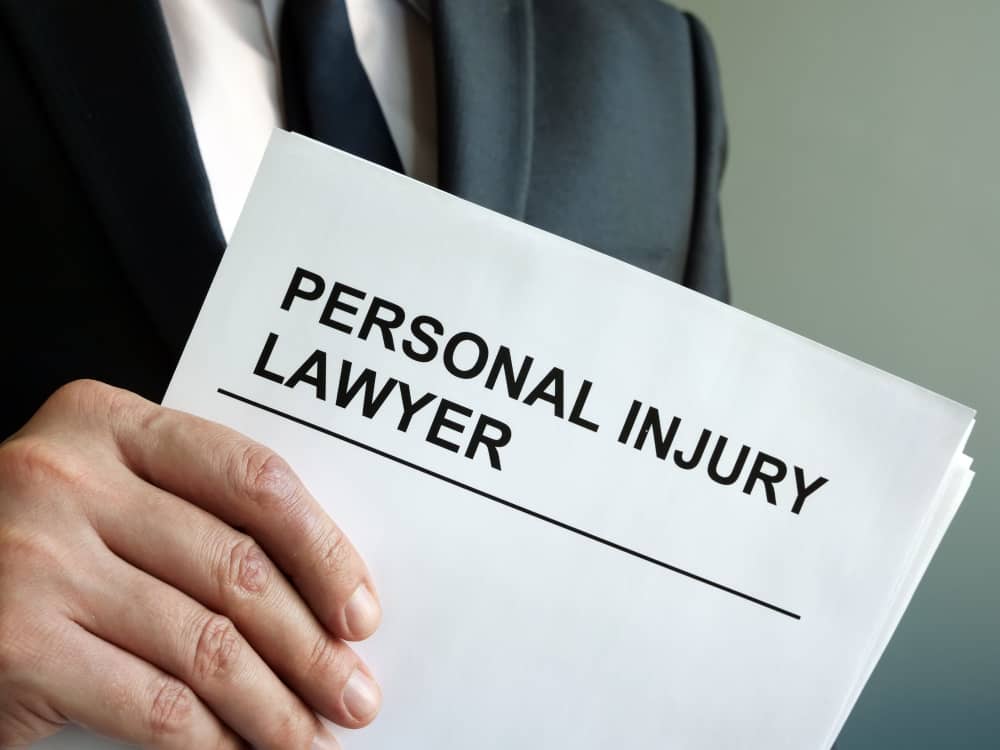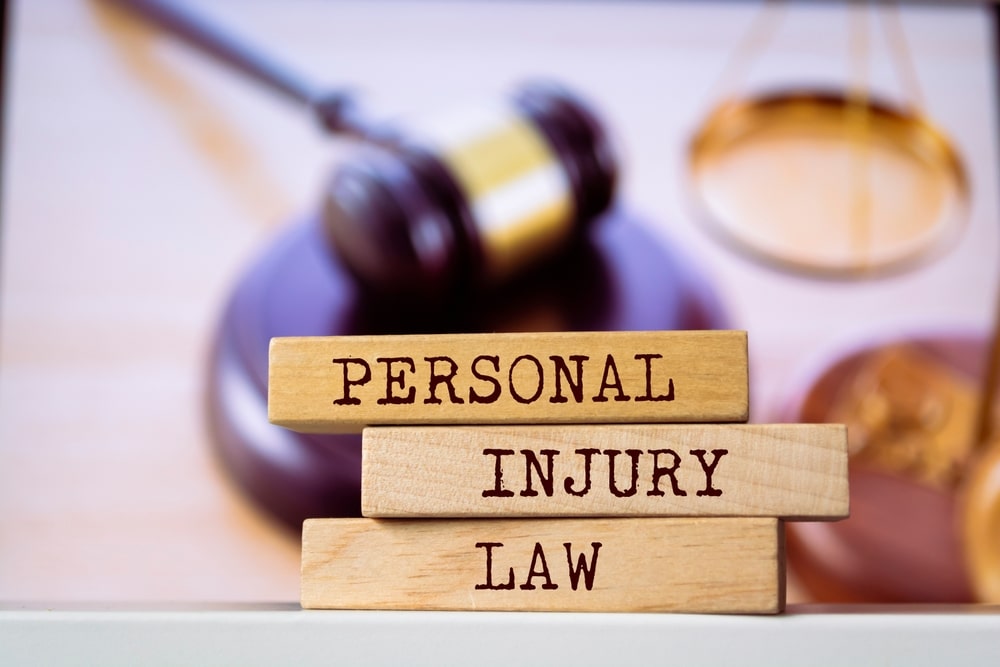November 9, 2023
What Does Litigation Mean in a Personal Injury Case in Tennessee? Understanding the Legal Process
Litigation in a personal injury case refers to the legal process that unfolds when a lawsuit is brought forth in a court in order to resolve a dispute related to an injury. This formal procedure encompasses everything from the initial filing of a lawsuit to potentially a trial, where a judge or jury would make a binding decision on the matter. The litigation process is a structured approach that aims to provide an avenue for an injured party to seek fair compensation for damages incurred due to someone else’s negligence or wrongdoing.
At the heart of a personal injury case is the pursuit of a resolution that compensates the injured individual for their losses. It involves various stages, including the discovery phase, where both parties exchange information and evidence pertinent to the case. While the majority of personal injury disputes are settled before reaching trial, litigation provides the necessary framework should the parties be unable to agree on a settlement, necessitating a decision by the court.

Understanding Personal Injury Litigation in Tennessee
Personal injury litigation can be a complex process, central to which are the establishment of negligence and the collection of pertinent evidence. The intricacies of legal duties, liability, and compensation are navigated with the assistance of qualified attorneys.
Personal Injury Case Fundamentals
Personal Injury Litigation involves a legal dispute where a plaintiff seeks compensation from a defendant who is alleged to have caused harm through negligence. At its core, the plaintiff must prove that the defendant owed a duty of care and breached that duty, leading to injury and damages. Law firms typically guide plaintiffs through this process, ensuring that their claims are convincingly presented in court. A successful personal injury claim results in the plaintiff receiving compensation for the losses incurred due to the defendant’s actions.
The Role of Evidence in Litigation
Evidence plays a pivotal role in litigation, as the attorney must establish the elements of negligence—duty of care, breach, causation, and damages—beyond a preponderance of the evidence. Lawyers meticulously gather documentation, such as medical records, eyewitness accounts, and expert testimonies, to build a robust case. The objective is to substantiate the plaintiff’s claim to the order of the court, thereby establishing the defendant’s liability and the extent of damages that the defendant is required to compensate.
The Litigation Process
The litigation process in personal injury cases is a structured sequence designed to help the aggrieved parties resolve their disputes in a court of law. This process begins with filing a formal complaint and can potentially lead to a trial where a judge or jurors renders a final decision.
Filing the Complaint
A personal injury litigation commences when the plaintiff files a complaint with the court. This document lays out the basis of the claims, naming the defendant(s) and detailing the alleged harm suffered due to the defendant’s negligence or intentional act.
Discovery Phase
Next, the discovery phase allows both parties to gather necessary evidence. During this stage, information is exchanged through depositions, requests for documents, and interrogatories. Witnesses and expert witnesses may be identified and interviewed to establish the facts of the case.
Motions and Hearings
Before the trial, parties may file various motions to request certain rulings. This includes motions to dismiss the case, motions for summary judgment, or motions to compel discovery. Hearings may occur, where a judge considers these motions and makes decisions that can shape the course of the litigation.
The Trial
If the case proceeds to trial, both sides present their arguments, evidence, and witness testimony before a judge or jury. After both sides have had the opportunity to make their case, the jury or judge deliberates and arrives at a verdict. Subsequently, the court issues a judgment based on the verdict, leading to the final decision in the case.
Resolving a Personal Injury Case
In personal injury cases, the journey to resolution typically involves critical stages such as settlement negotiations, alternative dispute resolution methods like mediation and arbitration, and understanding of appeal procedures should a party contest the court’s decision.
Settlement Negotiations
Settlement negotiations are often the first step toward resolving a personal injury claim. During these discussions, the victim and the insurance company may agree to a financial sum to compensate for damages without proceeding to trial. An effective settlement agreement mitigates the need for a lengthy court process and can be a more cost-efficient solution for both parties involved.
Mediation and Arbitration
If settlement negotiations stall, parties might opt for mediation or arbitration. Mediation involves a neutral third party who facilitates discussion to help reach a mutual agreement. Unlike mediation, arbitration results in a binding resolution issued by the arbitrator, which can be similar to a court judgment. Both methods provide confidentiality and faster resolutions than traditional court proceedings.
Appeal Procedures
When a personal injury case goes to trial and a verdict is rendered, the disagreeing party has the right to file an appeal. This process involves reviewing the trial’s procedures and decisions to identify any legal errors that may have influenced the outcome. An appeal is not a re-trial but a request for a higher court to examine the validity of the lower court’s verdict.

Practical Considerations in Personal Injury Cases in Tennessee
When navigating through personal injury cases, individuals must make informed decisions concerning legal representation, financial considerations, and time constraints to ensure a favorable outcome.
Selecting Legal Representation
Choosing the right personal injury lawyer in Nashville is critical. An experienced injury attorney can offer guidance on the complex legal system and advocate on the client’s behalf. They can handle various incidents, from car accidents to medical malpractice. When selecting a representative, factors such as a lawyer’s track record, expertise in relevant laws, and client testimonials should be carefully reviewed.
Understanding Compensation and Damages
Understanding the scope of compensation and damages is essential for setting realistic expectations. Compensation encompasses medical expenses, lost wages, and property damage recovery. In addition, claimants should be aware of non-economic damages, which cover pain and suffering. An attorney can elucidate the difference between compensatory and punitive damages and help determine the value of a claim.
Managing Case Timelines
Case timelines are governed by strict deadlines known as statutes of limitations. Comprehending these time constraints is crucial to maintaining the validity of a claim. Moreover, the duration of a case can vary significantly, often dependent on the complexity of the case and the willingness of an insurance company to settle. Accurate documentation and prompt action by the claimant and their lawyer can help streamline the legal process.




